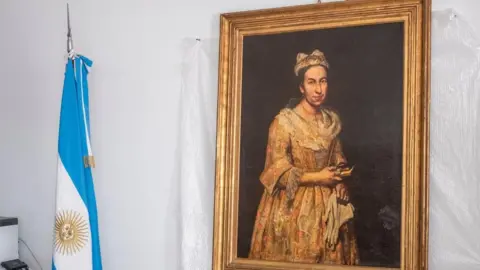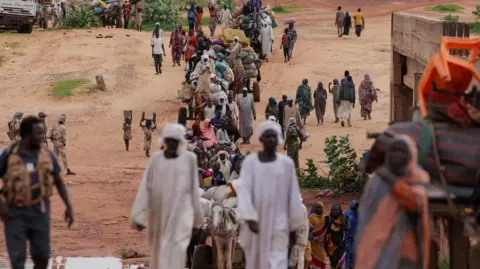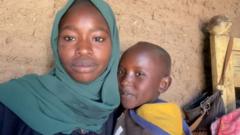In Sarajevo, where audiences commend the play, echoes of the past resonate as survivors and family members gather to remember their loved ones. Yet, a stark contrast exists in Republika Srpska, where political leaders often reject the characterization of the events in Srebrenica as genocide, despite international court rulings supporting such claims. The community remains divided; Bosniaks and Croats honor the victims, while leaders like Milorad Dodik emphasize a broader narrative that seeks to equalize blame among ethnic groups.
Recent political moves by Dodik raise alarms among many, signaling a troubling resurgence of nationalist sentiment and internal unrest. Calls for accountability and recognition of all victims are overshadowed by increasing tension, prompting fears among communities still healing from decades of conflict. As remembrance events unfold, the contrasting narratives concerning the legacy of Srebrenica reveal a landscape riddled with emotional scars that resist healing.
Despite these challenges, many individuals, including family members of the victims, advocate for solidarity, hoping that public remembrance initiatives can foster a climate of understanding and prevent the recurrence of such tragedies. The ongoing struggles underscore a pressing need for continued dialogue and the presence of the international community to nurture peace in a country still grappling with the shadows of its past.
The challenges ahead remain considerable, as the drive for reconciliation confronts deep-seated divisions rooted in historical grievances, leaving many concerned about the future of coexistence in a nation still yearning for peace and unity.
Recent political moves by Dodik raise alarms among many, signaling a troubling resurgence of nationalist sentiment and internal unrest. Calls for accountability and recognition of all victims are overshadowed by increasing tension, prompting fears among communities still healing from decades of conflict. As remembrance events unfold, the contrasting narratives concerning the legacy of Srebrenica reveal a landscape riddled with emotional scars that resist healing.
Despite these challenges, many individuals, including family members of the victims, advocate for solidarity, hoping that public remembrance initiatives can foster a climate of understanding and prevent the recurrence of such tragedies. The ongoing struggles underscore a pressing need for continued dialogue and the presence of the international community to nurture peace in a country still grappling with the shadows of its past.
The challenges ahead remain considerable, as the drive for reconciliation confronts deep-seated divisions rooted in historical grievances, leaving many concerned about the future of coexistence in a nation still yearning for peace and unity.






















